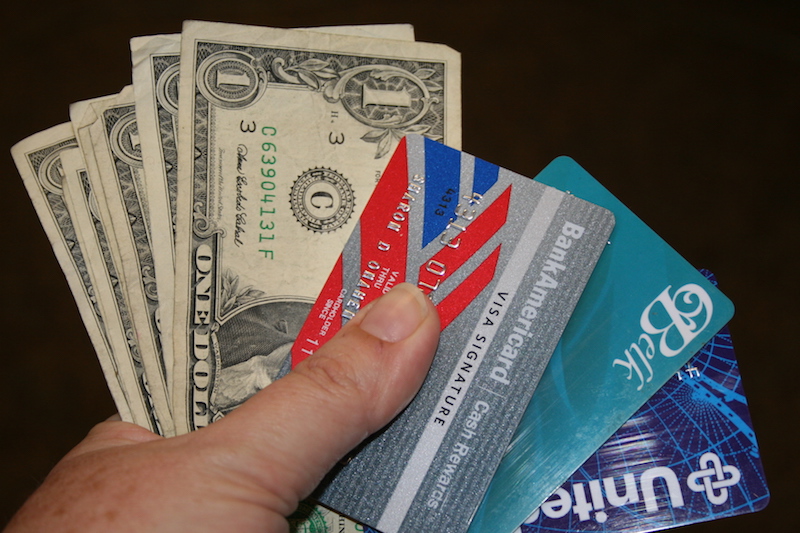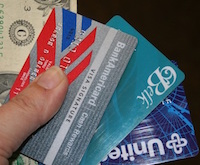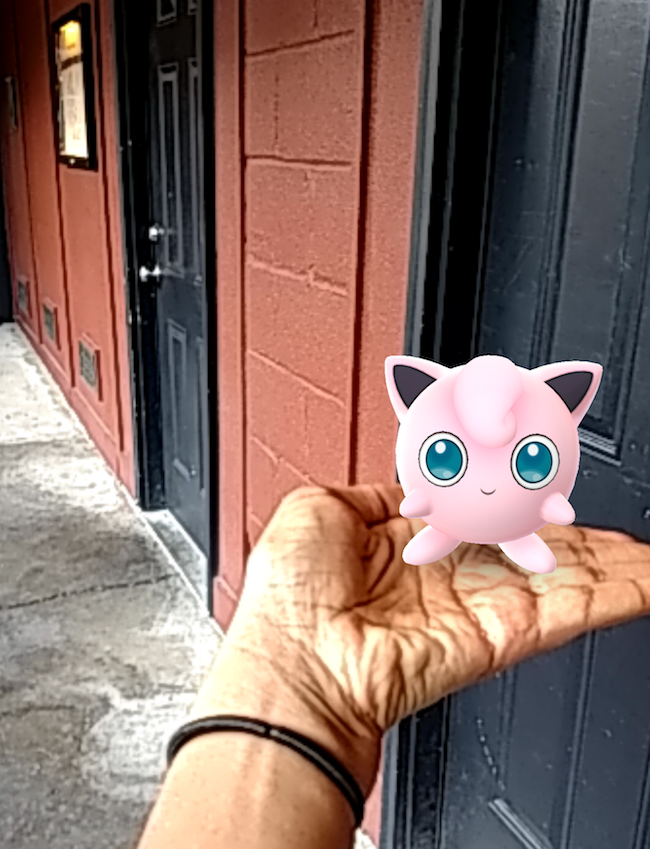The new year is an opportunity for do-overs, fresh starts, and new beginnings. People often use the new year as motivation to quit a bad habit, lose weight, start a new exercise regimen or gain control of their finances.
These popular resolutions have more in common than turning up at the top of the list of resolutions people make every year. They involve changing routines that develop gradually over many years. Changing bad behavior overnight is a tall order, and rarely possible.
By Ground Hog's Day, most resolutions have fallen by the wayside.
Why? People tend to be too hard on themselves. You fall off the wagon one time, and decide you have failed and give up your goal completely. But people who stick with it long enough to be successful know that failing is part of the process. Persistence — trying again after every failure — is the key to success.
Remember that small changes to your daily routines make a huge difference over the course of a year. Walking 30 minutes a day does not make you thin overnight. Drinking one less soft drink, passing on the doughnuts and the few cents you save by skipping these treats may also seem insignificant, but if you stick with these small changes day after day, you will see the results.
Think positive!
If you want to fail at making your resolutions stick, focus on what you have to give up. Constantly thinking about what you are losing practically guarantees failure. Banish this negativity from your thoughts.
To be successful you need to focus on the prize, the benefit you get from having money for important goals such as paying for a college education, getting out of debt, buying a first home and saving for retirement.
Here are a few tips to help you manage your money better in the coming year.
Know where your money goes. Find out how much money comes in and exactly where it goes. Carry a pad with you for a month or two. Record every purchase. At the end of the month, separate your spending into no more than a dozen categories such as food, housing and transportation.
Target eyebrow-raising surprises for spending cuts. If you have never tracked your spending, you will probably find out you spend a lot more than you thought for something you do every day. If it bothers you that you spend so much for whatever it may be, do something about it.
Set realistic and specific goals. A specific goal includes the cost of the goal and the date you plan to reach it, such as planning to save $600 by next December for holiday gifts. The goal is realistic if you can afford to set aside $50 each month. If you cannot, adjust the goal or increase your income.
Develop a plan for spending to meet goals. Besides goals, your spending plan needs to include fixed, variable and occasional expenses.
Fixed expenses are the same every month. Variable expenses go up or down each month. Occasional expenses are due less often than every month. Some occasional expenses, like birthdays and annual insurance premiums, you know about. Others, like medical bills, arise unexpectedly.
Pay yourself first. Saving whatever is left over usually means not saving at all. Instead, put the money you need to save for goals and occasional expenses in your savings account before you spend a penny for anything else. Better yet, arrange for an automatic deposit or payroll deduction into your savings account. When you get a raise at work, sign up for half the raise amount to go into a savings account or a company savings plan.
Eliminate debt. Pay attention to how much you pay in monthly finance charges on credit card and other debt. Instead of paying interest each month on your debt, you could be earning it on your savings. Being on the lending side of that transaction is a much better deal than being on the borrowing side. The money going to debt payments each month could be going to your savings.
Focus on one expense at a time. When making changes, it is easy to go too far, too fast. Commit to making a few changes at a time to reduce your spending for a particular expense. Stick with the changes until they become second nature. If you miss a day, a few days, or even a week, do not give up.
These simple suggestions can help you better manage your money. Some changes pay off more rapidly than others. The sooner you start, the sooner you will see results.







